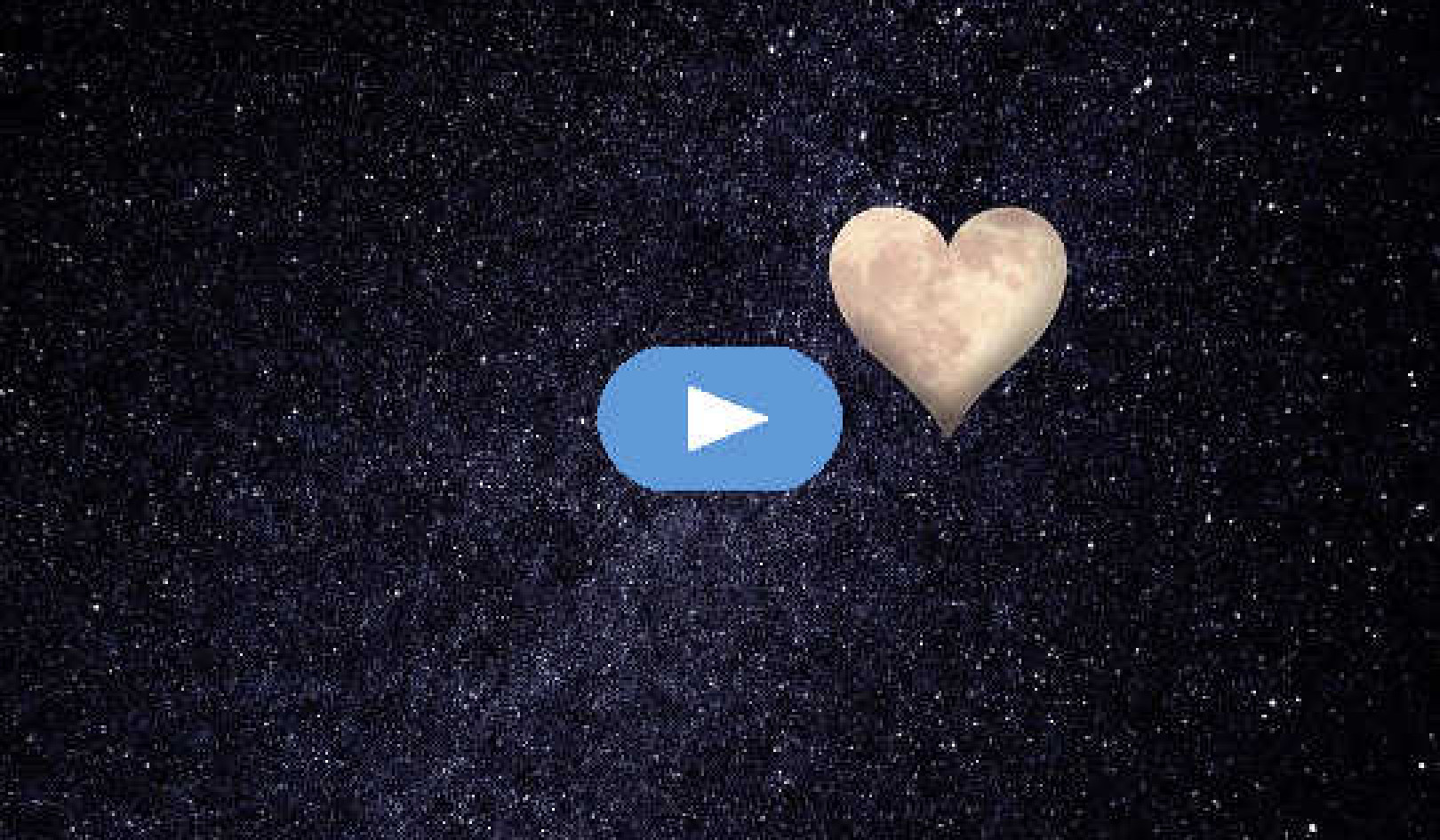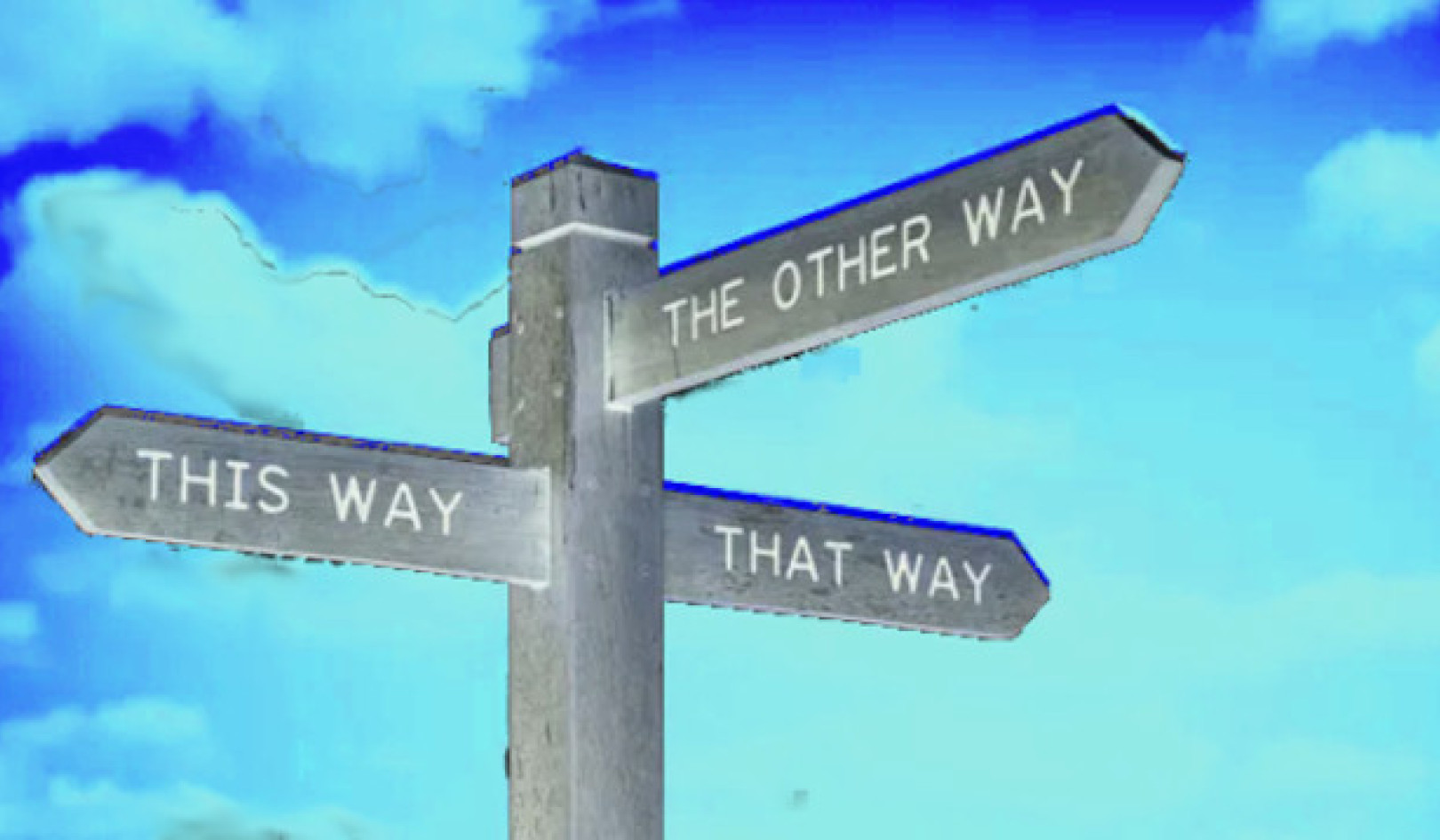
When school kills (it does),
and when it dies (it will),
where’s education?
I could pick any country, but I’ll pick the United States of America, because I’ve flown over it most of my life. But this flight, your permission, I’ll do something different.
I’ve fit my flying goggles with these Mark IV Education Lenses. Invented by me. Look through the glass and see a quick green line for every person on the ground who has a college degree, a brown line for every other person, the un-degreed.
We see farther as we fly higher, of course, so let us cruise super high, for a biplane, way up at 11,000 feet.
(I hear the airline pilots snickering: " ‘Way up at eleven thousand.’ Oooh . . . that’s really high! Snicker-snicker.")
Very well, you with the gold stripes on your shoulders, this is a thought-experiment, OK? Just sit there in the front cockpit for a minute and look out through your Mark Fours. I have something to show you!
Notice over the farmlands, we don’t see a lot of green . . . not what you would call a forest of college-degree people, below. These are folks with different values from academics. A few emerald lines we see, then brown-brown-browns, hashmarks everywhere, like wheatfields in August.
Turn over a city, it greens up a bit. Swing over Microsoft country, or Cupertino, or Wall Street, the sight gets fairly lush in greens. Over Academia, of course.
Cruise back and forth over the land, though, fly straight-line coast to coast, turn round and fly back, we don’t see a whole lot of mint-color, down below.
According to my goggles, the United States is mostly barren country, college degrees scattered, sparse.
Educating Yourself
I looked in a mirror through my goggles, by the way, and I’m the color of dead grass. Of course I am; dropped out of college first year, ran away to fly airplanes.
Now here’s where it gets interesting. We’re mid-air, I’m handing you a different set of goggles, my new Mark Five lenses. Look through these and now you see a green stripe for every soul who’s free to educate herself himself on their own, set loose to follow their curiosities, whatever sings and drives their whim to discover, seizes their passion to know.
Now we’re picking up old folks and young, all genders races religions philosophies backgrounds fears hopes determinations, anyone whelmed by the properties of wildflowers, or by sailing kayaks, or astronomy or dog-training or physics or math, and note that lady’s struck with all these things and protozoology and praxeology and language modeling thrown atop.
Let’s say these new green-lines don’t care a fig for high-school diplomas or college degrees, say they don’t need a Wizard of Awe to pronounce them educated.
But educated they are! Their diploma is the joy of understanding How It Works, What It Means, the power of So What to push their boundaries outward outward and outward again, day by electric day.
Then, don’t you see: the deep vast infrastructurated human-resource of a whole nation has just this moment changed?
Discovering What No One Has Seen or Thought Before
Keep looking, as we fly. What’s the view now, hey? Look there! Where once was sere and desolate, the dead-grass failing chaff of school dropouts, now’s gone green-laser lush below us, seething with living growing Self-Taughts, practicing experts discovering what no one has seen before, thought before.
All at once they’re pouring the life of their discovery and invention into what we’ve been preached was a stagnant country, the death-pool of our Educated Society, the end of the world.
What have we done? What was our master stroke?
We ennobled "dropout," we redefined "education."
And with that stroke a country transforms from death and stagnancy to roaring torrents of breakthroughs in science and invention, in philosophies and technology and sport and health—in all the fields once fenced about, gated and guarded and suffocated by self-conscious self-righteous for-profit Academia.
Did Bill Gates clutch some paper degree when he began his journey, did Steve Jobs, did Hobie Alter seek the blessing of a University, Doctor of Surfboard Engineering, to design his new-dimension boards and his Hobie Cat and his startling penguin-power kayaks, did Ray Bradbury spend one day in college before launching his writing career, did Thomas Edison’s three months of formal schooling yield some parchment, essential in order that he change the world with his passion to know and to invent?
Negative, as we say in aviation.
Education, At Best, Is Ecstatic
I’m not suggesting we turn from learning or knowing or star-bright Education. I’m suggesting merely that we dump Formal Schooling, with its pricetags and its Greek societies, its drunken parties and its hand-in-hand pomposities, the somber gowns and useless hats. I’m suggesting we dump a cherished lie: we get this scrap of paper and now the straw we had for brains is all at once valuable.
In Education and Ecstasy, George Leonard distilled the research of his book into a single sentence. "Education, at best, is ecstatic."
Why ought anyone, why ought thee and me settle for education-at-worst, the droning of the uninspired herding the uncaring to a degree in the unnecessary?
Who knows better than we, where lies ecstasy? Who better than I, can tell me what fascinates my spirit, what it is that calls me while it calls no other? Where’s the wisdom, trusting others to ignite some grand fire within myself?
I don’t require a professor to tell me what I love, I already love it! The professor’s job is to get his hell out of my way, to cease forever insisting that his memorized discoveries are Education and mine, spinning with delight, are paste.
Having A Calling Rather Than A Job
What would our culture, what would our society be like today, if no one had a job, and everyone had a . . . Cross that out.
What would my life be like today, if I had no job, but a calling, instead?
What if what mattered more to me than anything was the sharing of ideas, was communicating whatever I’ve discovered that works for me, to those who matter to me?
Can I survive, selling what I’ve learned and done, invented and practiced, to others of like spirit? Could the gifts I find from my learning passions, wrought from my own personal private education unlike any on all the earth, could those be valuable to my little family around the world?
Sounds strange, impossibly idealistic. Yet isn’t that the way
that you and I are surviving today? Isn’t each of us already:
offering something of value,
to someone who needs it,
who thanks us for it by paying us,
which helps us continue producing,
and meeting their needs?
George Leonard’s book, for instance, came from his self-education about education. Is it worth its $12.95 cover price? No way, to anyone bored with ideas.
Worth every dime at ten times the price! to someone desperate to understand what education, set aflame by passion, might be.
How To Educate Ourselves, Parchment-Free
The world’s best book on how to educate ourselves, parchment-free, was published last year: Secrets of a Buccaneer-Scholar, by James Bach.
The name’s familiar to me, all right. The author dropped out of tenth grade, never went back to class, and became on his own the best-educated human being I’ve had the privilege to meet.
His book tells how he did it, how anyone can do it—James Bach translates Education and Ecstasy into nuts and bolts and every tool we need to make them fast.
Failed System of Diplomas and Degrees
A stagnant nation, despairing over the death of education . . . by the Great Cat, why? Have we not learned that school kills?
The nation ought to be raving joyful for the death of its failed system of diplomas and degrees, raving delighted at the greening of this grand new culture, the Passionate Self-Educated.
Put me in a room of them, please, over a whole dust of University professors, any day, starting now!
(You can keep the goggles.)
©2015 by Richard Bach.
Reprinted with permission of the author.
Article Source
 Part-Time Angels: and 75 Others
Part-Time Angels: and 75 Others
by Richard Bach.
Click here for more info and/or to order this book.
About the Author
 A former USAF pilot, gypsy barnstormer and airplane mechanic, Richard Bach is the author of Jonathan Livingston Seagull, Illusions, One, The Bridge Across Forever, and numerous other books. Most of his books have been semi-autobiographical, using actual or fictionalized events from his life to illustrate his philosophy. In 1970, Jonathan Livingston Seagull broke all hardcover sales records since Gone with the Wind. It sold more than 1,000,000 copies in 1972 alone. A second book, Illusions: The Adventures of a Reluctant Messiah, was published in 1977. Visit Richard's website at www.richardbach.com
A former USAF pilot, gypsy barnstormer and airplane mechanic, Richard Bach is the author of Jonathan Livingston Seagull, Illusions, One, The Bridge Across Forever, and numerous other books. Most of his books have been semi-autobiographical, using actual or fictionalized events from his life to illustrate his philosophy. In 1970, Jonathan Livingston Seagull broke all hardcover sales records since Gone with the Wind. It sold more than 1,000,000 copies in 1972 alone. A second book, Illusions: The Adventures of a Reluctant Messiah, was published in 1977. Visit Richard's website at www.richardbach.com




























